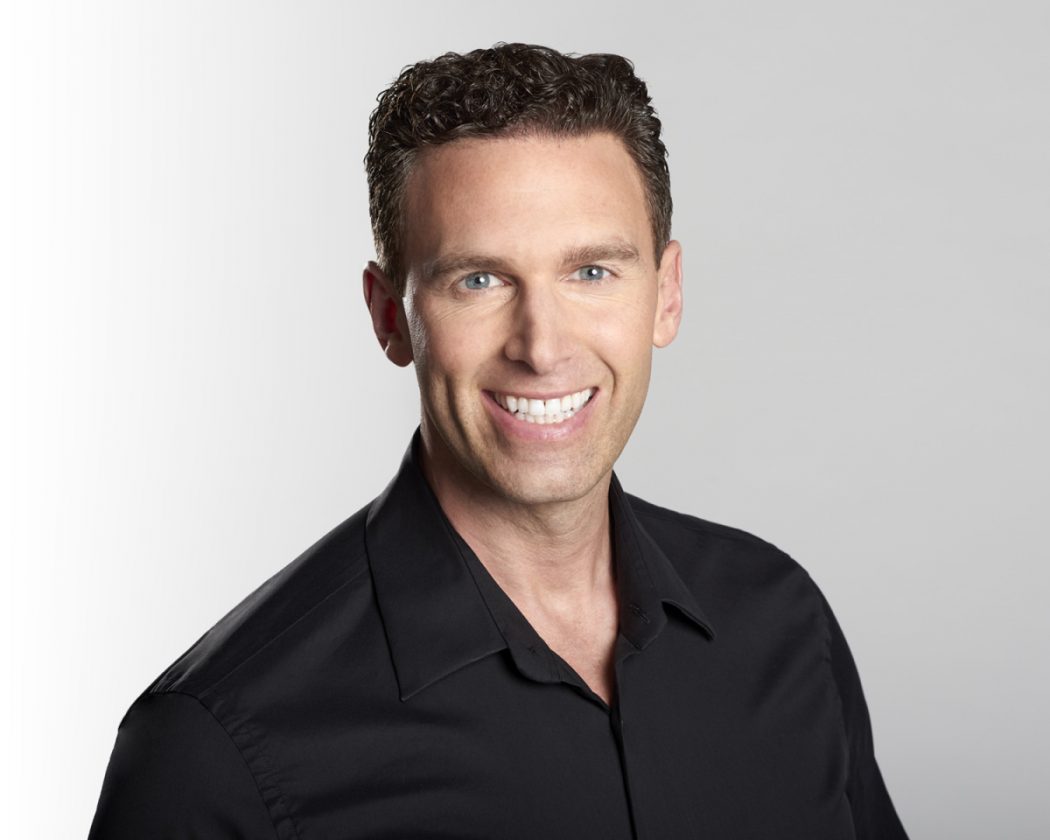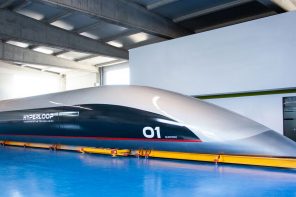Anthony Lacavera’s New Book Discusses the Canadian Innovative Spirit
Anthony Lacavera is a Canadian entrepreneur from a small town in Ontario who disrupted the Canadian telecom industry by establishing Wind Mobile in 2008. In the almost ten years since, Lacavera has sold Wind Mobile to Shaw Communications, and has been an outspoken advocate for Canadian entrepreneurs. He recently released How We Can Win (and What Happens to Us and Our Country if We Don’t), a book that discusses Canadian attitudes and approaches to competition with countries such as the United States. Throughout the book, he makes bold assertions about Canadian talent and how we can change our competitive posture to lead certain industries.
Canadians are known for being a polite, inclusive and diverse people that are open to ideas and discussion. Our neighbours to the south, however, do not have the same reputation. Cutthroat, aggressive, and demanding are not attitudes generally associated with Canadians (outside of the Winter Olympics), and according to Lacavera, that is reflected in our competitive position globally. He argues that the United States has aggressively competed to gain their global primacy in innovation. Lacavera argues that Canada has been playing second fiddle to the US for too long and that it is time for Canadian businesses to start “going for the gold, not the bronze.”
When it comes to Canadian entrepreneurs, Lacavera is looking to the future. In the tech age, Lacavera believes that it is irrational for the Canadian economy to be so reliant on natural resources instead of moving into service industries that will bolster a stronger middle class. Coming from a tech background, Lacavera has seen firsthand how new technologies impact the workforce. He asserts that “the technological revolution isn’t going to be a big leap to where everything is automated right from the start, it is mostly going to be humans and machines interacting together and right now Canada isn’t training people to do those jobs.” In other words, he envisions a world in which traditional humans increasingly work alongside their robotic counterparts.
Lacavera argues that “coddling students too much, and celebrating mere participation” is an illness born of Canadian amicability that holds Canada behind its innovative peers
Strengthening the middle class is something that Lacavera views as a top priority for Canada, and he believes that starts with education. At top schools like McGill, applications are reductively simple. Students submit their grades and test scores and await the result. Whereas highly competitive American schools challenge their applicants to “describe a challenge they’ve overcome in the past,” Canadian schools tend to focus on quantitative measures. This clinical application process represents what is wrong with the Canadian education system, according to Lacavera. Since primary education is increasingly geared toward test scores, minimum requirements and grade point averages, Canadian students take unchallenging and unhelpful courses because they are too afraid to fail and lose an opportunity to pursue higher education.
When asked what Canadian universities and schools should do to create more competitive and innovative Canadian entrepreneurs, Lacavera doesn’t mince words. He believes that Canadian students need to learn how to fail. As an entrepreneur, he has experienced failures and setbacks every day in his professional and personal life. This is true of many professionals who make a career of operating outside of their comfort zone. He cites discomfort and experience overcoming innovative obstacles as a key to his success as an entrepreneur and business leader. Lacavera argues that “coddling students too much, and celebrating mere participation” is an illness born of Canadian amicability that holds Canada behind its innovative peers. By teaching students such as ourselves how to fail and come back from those failures, Lacavera believes that Canadian entrepreneurs will stake their rightful claim as world leaders in business.
Ultimately, Lacavera has an optimistic view of Canada’s prospects. He views the next few years as an opportunity for Canada to assert itself as a global innovation hub. He cites Canadian leadership in quantum computing, machine learning, and online business as strengths that Canadians can leverage to compete in the global landscape. In this way, How We Can Win is a passionate call for Canadians to take advantage of our collective talents. It is an excellent read for anyone seeking to gain a snapshot of the Canadian competitive position and to understand the entrepreneurial viewpoint.
The opinions expressed here are the author’s own. They do not necessarily represent the viewpoints of the Bull & Bear.








